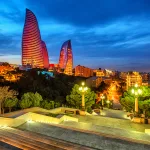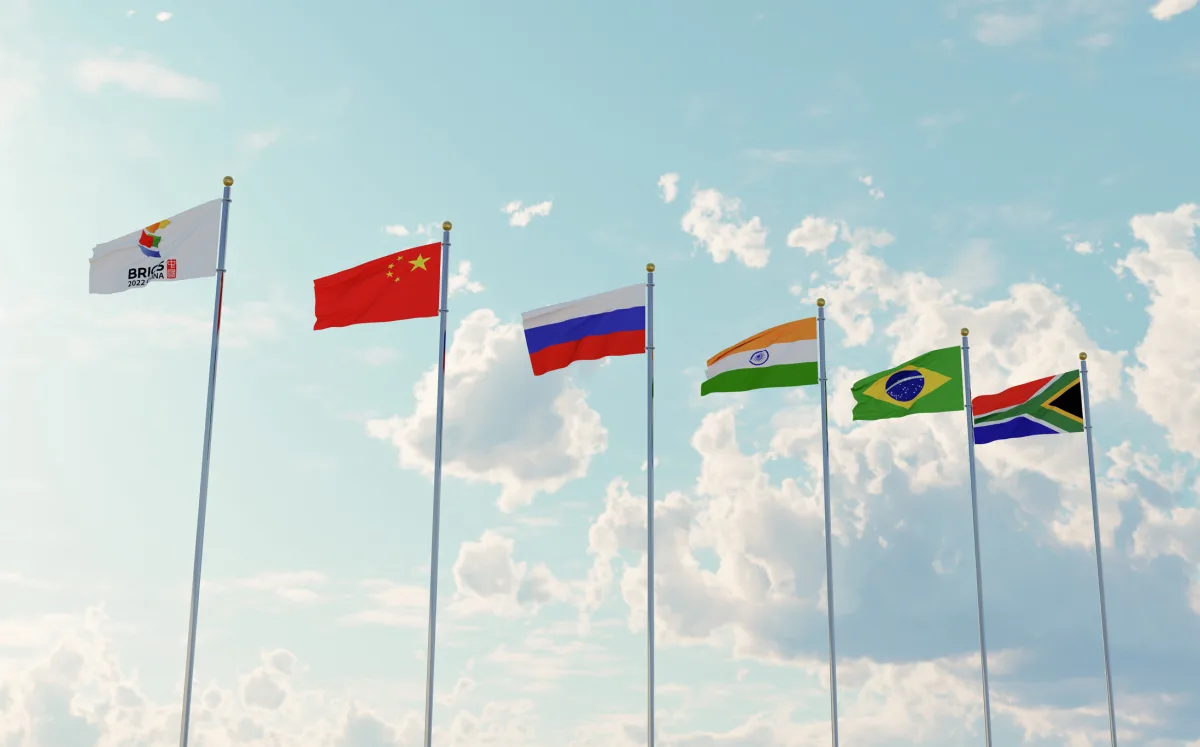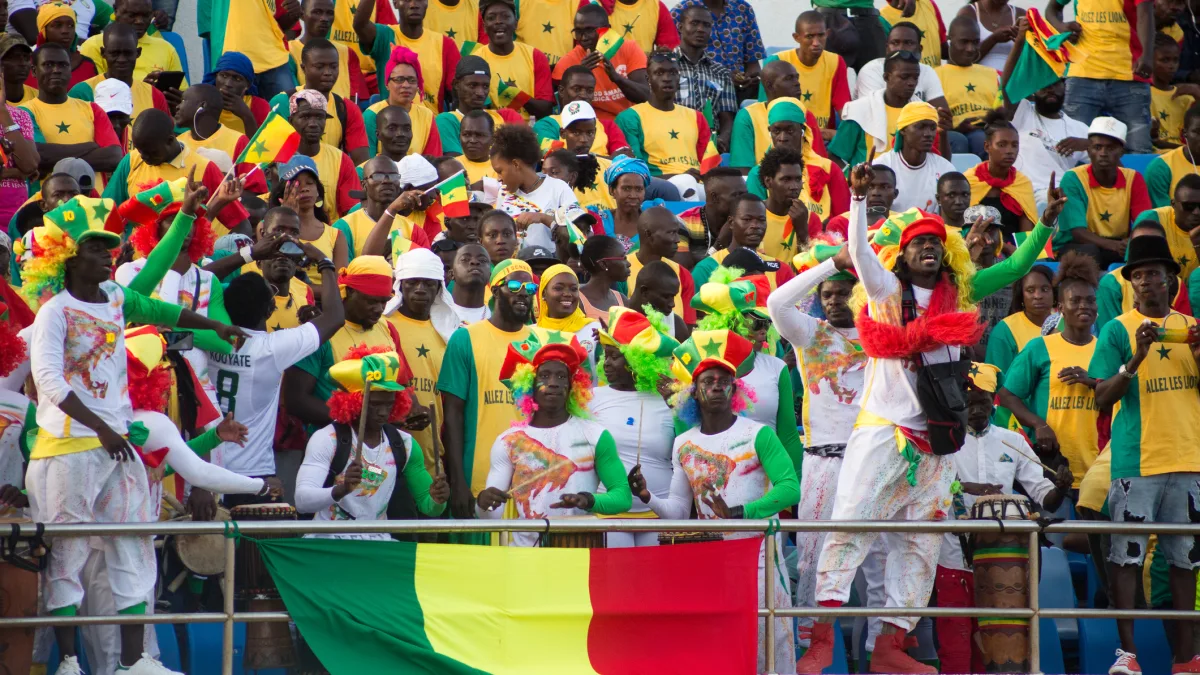There was something deliciously fitting about Vladimir Putin skulking in Moscow, too frightened to attend the recent BRICS summit in Brazil lest he face arrest for war crimes.
The Russian president participated via video link—much like a participant in a particularly awkward Zoom call. Meanwhile, Chinese President Xi Jinping also failed to show, sending a deputy instead. It was the first time since taking power in 2012 that Xi skipped what Russia insists is the future of global governance.
If this is multipolarity and a reinvention of the world order, we might reasonably ask where all the poles have gone.
At the very least, however, the absence of two of BRICS’ most powerful leaders from their own summit did offer the perfect metaphor for the organisation itself: a grandiose concept that consistently fails to show up when it matters.
The notable absences raised questions over the group’s cohesion and global clout, though such questions rather presuppose the existence of clout in the first place.
From acronym to anachronism
It all began so promisingly. In 2001, economist Jim O’Neill at Goldman Sachs coined the acronym BRIC to highlight four emerging economies—Brazil, Russia, India and China—with promising growth prospects. A 16-page research paper morphing into an actual political grouping was perhaps the first sign that something had gone awry.
The countries held their first formal summit in 2009, adding South Africa in 2011 to complete the BRICS quintet.
The transformation from investment thesis to diplomatic talking shop exemplifies how good ideas can be weaponised by mediocre politicians. What O’Neill envisaged as dynamic economies driving global growth has become a collection of governments united chiefly by their shared irritation with American hegemony and their mutual inability to do much about it.
The theatre of the absurd
BRICS, which now includes an expanding menagerie of hangers-on, has spent 15 years perfecting the art of appearing important whilst achieving nothing of substance. The lack of coherence in devising a common strategy and the low ratio between the number of meetings and their outcomes has led observers to describe BRICS as little more than a talking shop.
This understates the problem. Most talking shops at least manage to agree on the price of tea.
Consider the organisation’s signature achievement: holding meetings. There are BRICS networks for everyone from astronomers to statisticians, creating what we might generously call a United Nations for the disappointed.
The sheer volume of conferences gives BRICS the appearance of bustling activity—rather like a government ministry that measures success by the number of memos produced.
Paper tigers and phantom currencies
The bloc’s most persistent delusion concerns its ability to challenge American financial hegemony. For over a decade, BRICS leaders have promised to reduce reliance on the US dollar, create alternative payment systems, and even establish their own currency. The results have been, to put it charitably, modest.
The BRICS New Development Bank is five times smaller than the World Bank, making it less an alternative to Western financial institutions than a tribute act.
As for the much-vaunted BRICS currency, it remains as elusive as a Russian apology. Most BRICS members need American dollars far more than they need each other’s company. China dominates the group so thoroughly—accounting for 52 per cent of its total GDP—that BRICS resembles less a partnership of equals than a collection of countries desperately hoping to benefit from Chinese economic spillovers.
The inconvenient truth is that BRICS projects meant to reduce reliance on the US dollar likely aren’t viable, because many member states’ economies cannot afford to wean themselves off of it. Even the bloc’s champions struggle to articulate its achievements beyond the circular logic that it exists, therefore it matters.
The ICC elephant in the room
Putin’s enforced absence from Brazil crystallised BRICS’ fundamental contradiction. Here is an organisation that positions itself as champion of the Global South against Western imperialism, yet its co-founder cannot travel to member countries without risking arrest by those same Western-designed international institutions.
As a member of the International Criminal Court (ICC) and a signatory of the Rome Statute, Brazil was obliged to arrest Putin had he entered the country.
The irony is exquisite. Putin, who regularly rails against Western legal frameworks, finds himself constrained by the very international law he claims to reject. War crimes, it appears, can complicate the social calendar.
This was the second consecutive BRICS summit Putin was forced to skip due to arrest warrant concerns. For a man who fancies himself a global statesman reshaping the world order, being reduced to virtual participation in his own organisation’s meetings rather undermines the message.
The expansion trap
BRICS’ recent growth spurt has only magnified its incoherence. The bloc has welcomed Egypt, Ethiopia, Iran, the UAE, and others, creating what might charitably be called diversity and less charitably described as chaos.
Adding countries that actively oppose each other—Iran and Saudi Arabia, for instance—to an organisation already struggling with India-China border disputes suggests either optimism resembling delusion or a complete misunderstanding of what successful international institutions require.
Before member states of any international organisation can act in unison, they must align their positions—a task that becomes more difficult with each new addition. When BRICS leaders gather, they spend more time discovering what they disagree about than what they might achieve together.
The verdict
The statistics BRICS enthusiasts brandish—comprising 41 per cent of the world’s population, 24 per cent of global GDP and over 16 per cent of world trade—reveal the organisation’s central fallacy. These numbers reflect the economic weight of individual countries, not collective achievement. Claiming credit for China’s economic growth or India’s demographic dividend makes as much sense as a bus driver taking credit for his passengers’ destinations.
White House officials have said that BRICS isn’t seen as becoming a geopolitical rival. The assessment seems generous. BRICS represents something rather sad: a collection of countries united primarily by their resentment of American power but lacking either the vision or competence to construct a meaningful alternative.
So as Putin stared into his webcam from the Kremlin, watching (some of) his fellow leaders gather in Rio without him, he might have reflected on what BRICS has become: not a new world order, but a monument to the gap between ambition and ability.
In an era requiring genuine global cooperation, BRICS offers little beyond the comforting illusion that talking loudly enough can substitute for thinking clearly.
For the world’s most overhyped talking shop, that may have to suffice.







